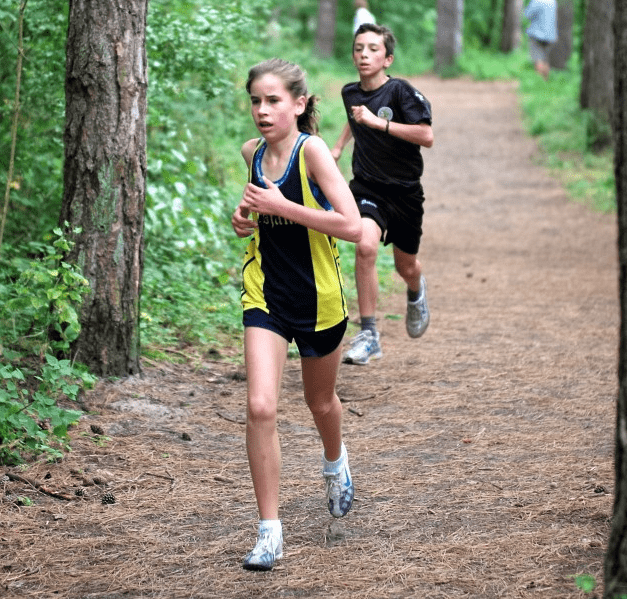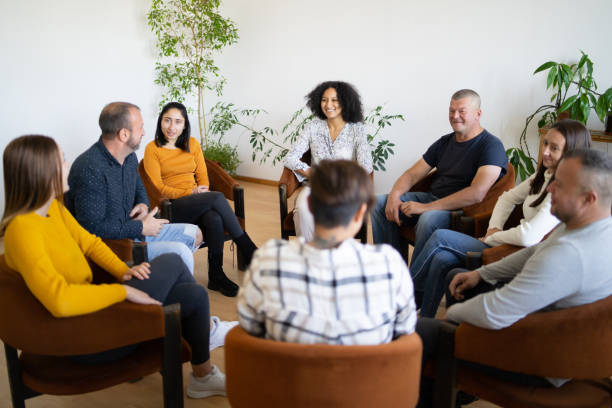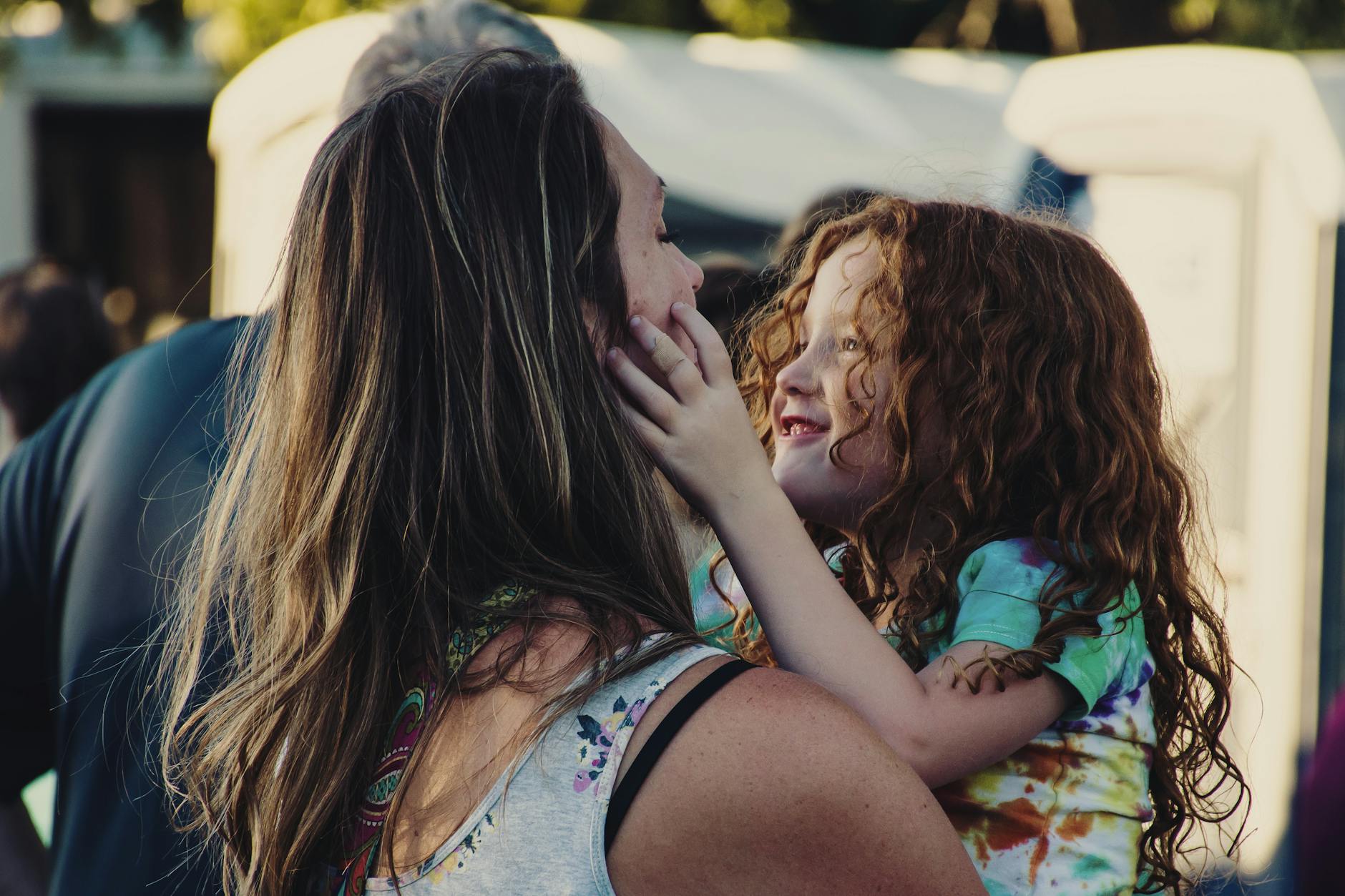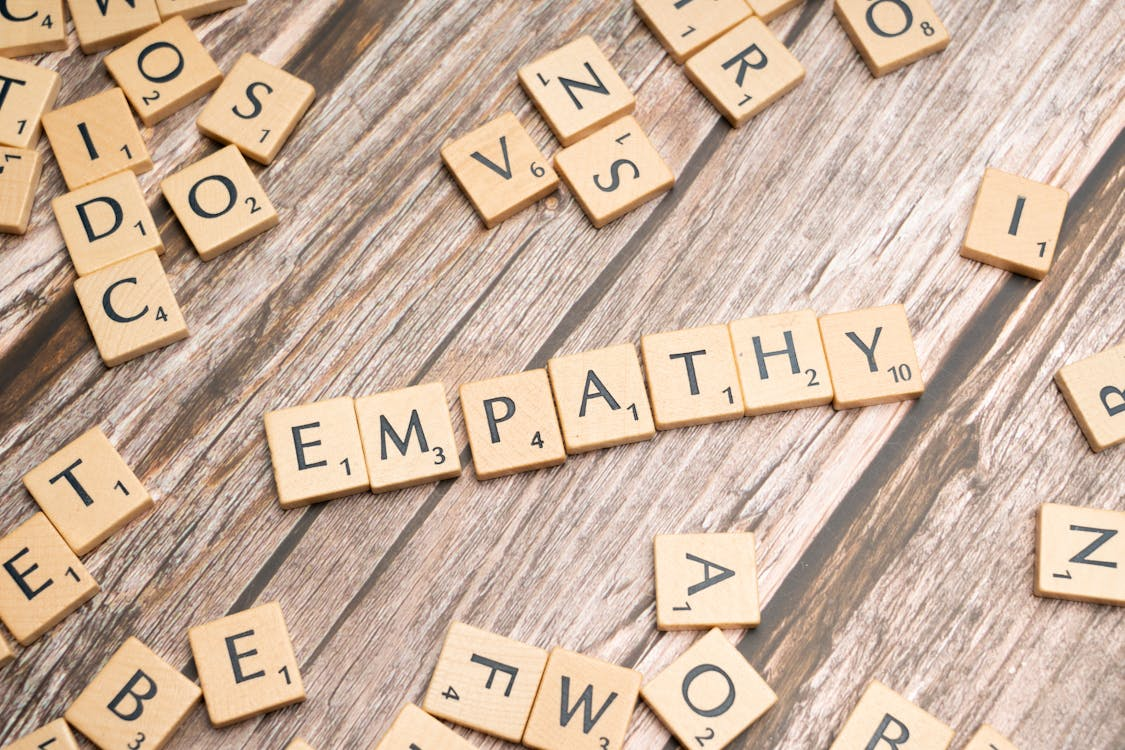Being Active in Nature Improves Mental and Physical Health for Kids: Infographic

|
Getting your Trinity Audio player ready...
|
I am constantly encouraging my four-year-old son to get outside and exercise with me. He doesn’t always want to do it, but sometimes I will pull the “we have to go for a walk” or “play tag outside” before we watch TV. My son is a TV/tablet lover and if it were up to him he would be on electronics all evening after preschool. As a parent, I admit that it is easier to just let him “watch something” or “play with an app” because I have a million things to get done and just want to relax after work, but I know the benefits of exercise for kids, and I consciously ensure that I don’t let it fall to the wayside.

Nightly exercise along with some other activities that I try to incorporate such as helping with a chore, playing a board game, completing something crafty, helping mommy cook, or reading a book goes a long way towards reducing problem behaviors.
I can genuinely see the difference in my son when he has had a “too much TV/tablet night” and yes I have been guilty of that, versus a night with a little bit of electronics mixed with activities that assist in brain and body development. He tends to be more cooperative when I need him to do something like brush his teeth or take a bath, he is more relaxed (my son has a ton of energy), and he has a better day at school the next day.
Knowing this, I work hard to get in a few activities every night, mix in his favorite show, and/or let him play an educational game on my phone/tablet. He loves Letter School on my iPhone which teaches him how to trace and make letters. I am all for “doing things in moderation!”
Anyway, being such a big supporter of “it is so good for kids to get exercise and be outside” I was doing research on the topic and came across this informational infographic which I thought was done well, and beneficial for my audience to read. I hope you like it as much as I do!
If it is hard to make out the words in the infographic on small screens, I listed the facts under the image as well.

Thank you for visiting www.educationandbehavior.com, a free resource for parents, caregivers, educators, and counselors! We provide academic, behavioral, and social-emotional support for children. Browse our topics/categories from the menu button at the top left of the page! Receive our updates on Facebook!






